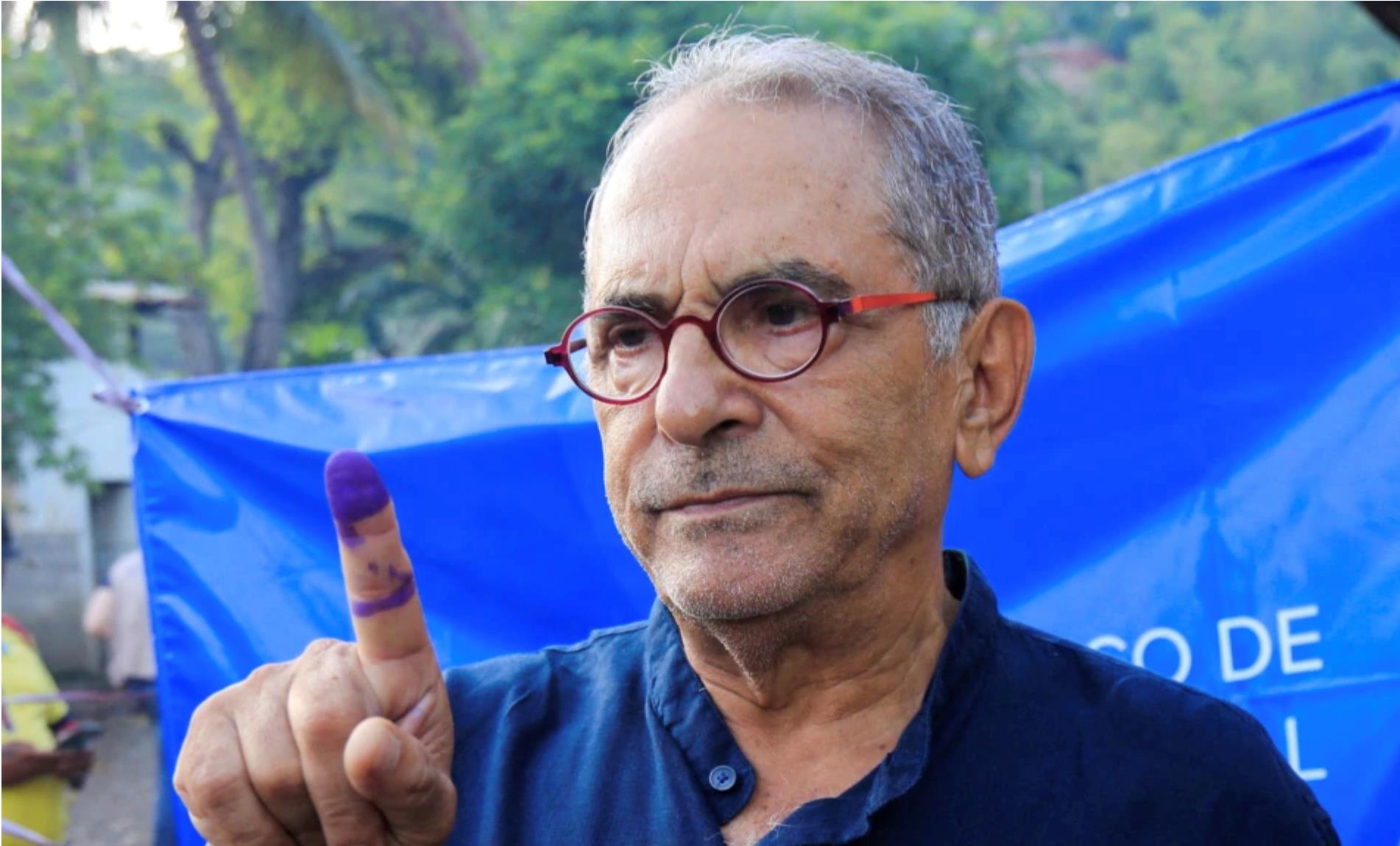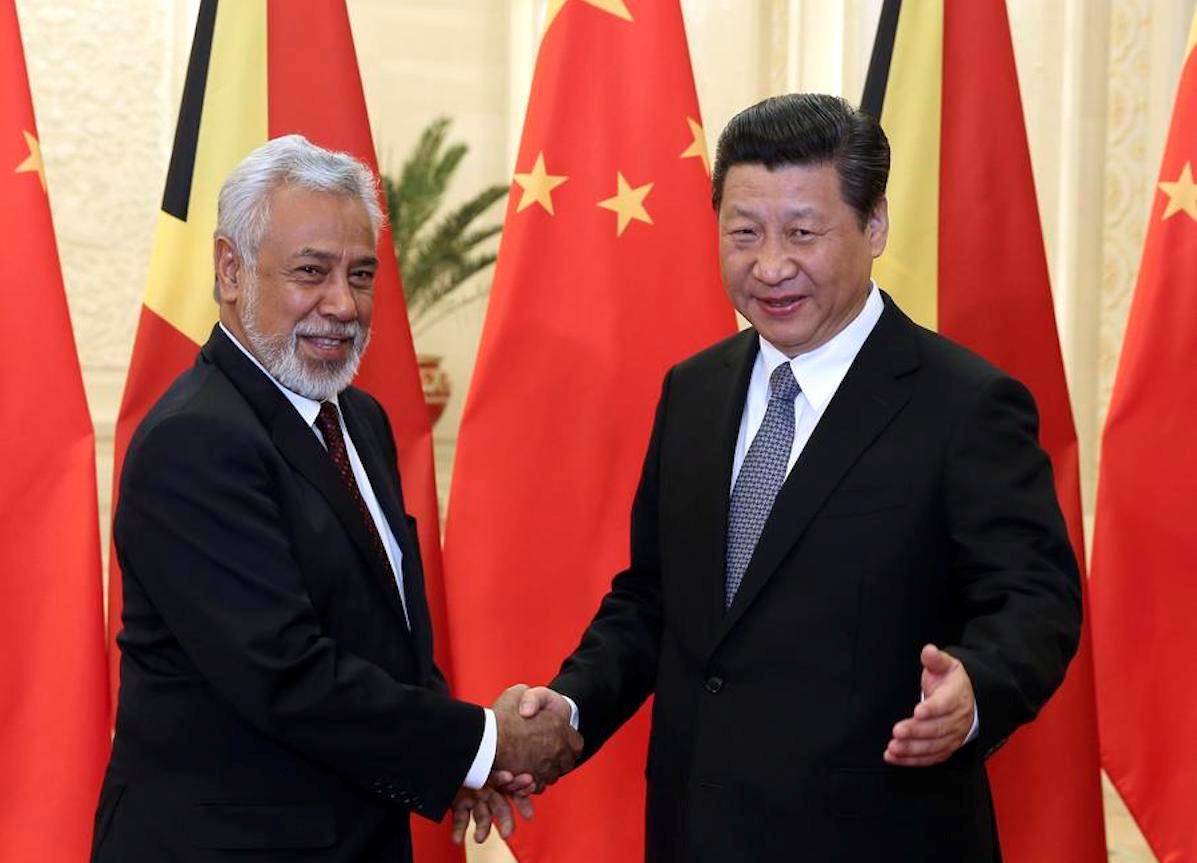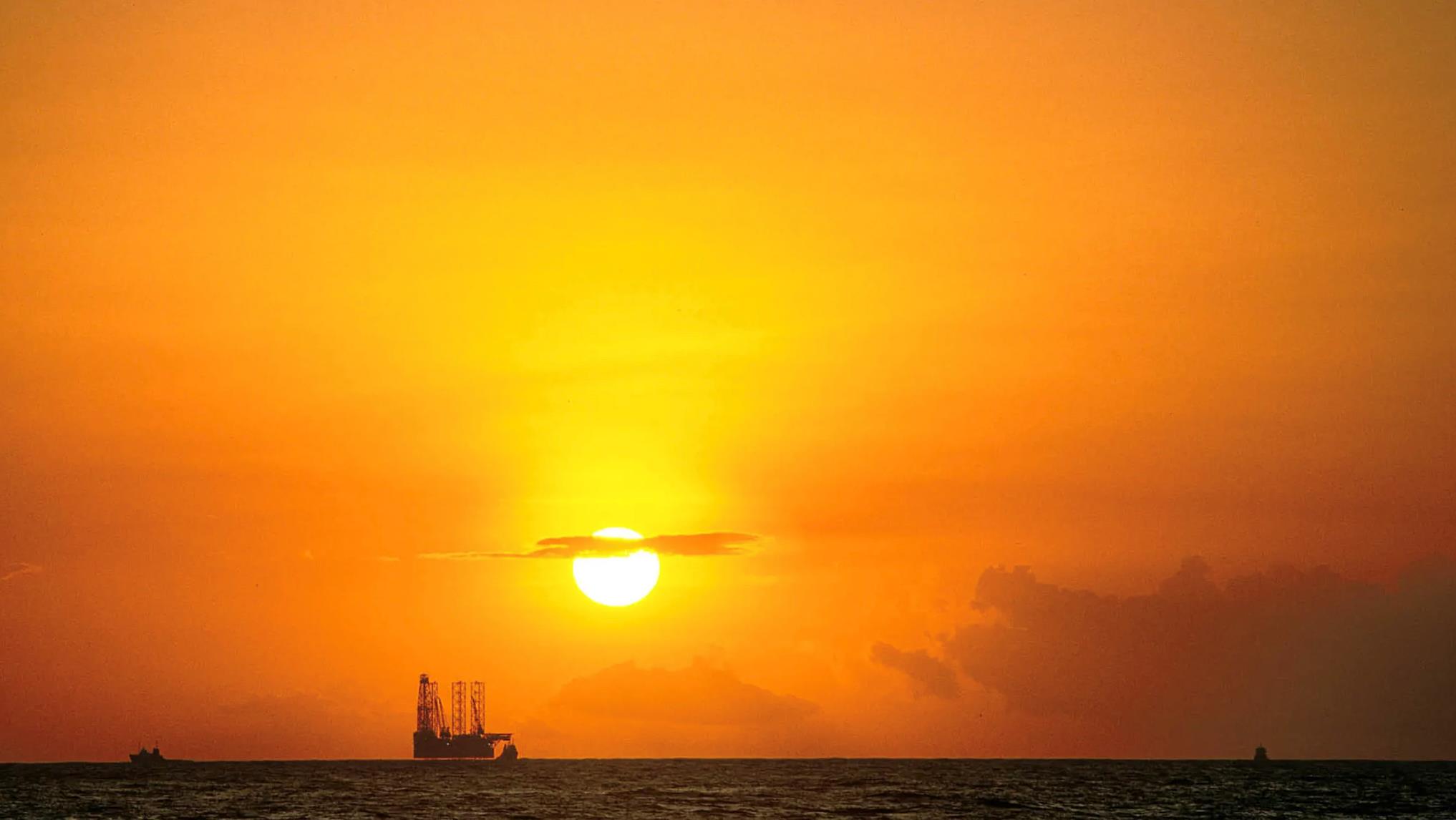(MENAFN- Asia Times)
Timor-Leste's relations with China could once again come under the spotlight as former Nobel Peace Prize winner Jose Ramos-Horta looks set to retake the presidency following a second-round vote on Tuesday.
Ramos-Horta received 46.5% of the vote in the first round in March and needed to garner only an additional 30,000 votes at the second-round runoff to secure the presidency. The incumbent, Francisco“Lu Olo” Guterres, came in a distant second with 22.1% of the vote in the first round.
At the second round on Tuesday, Ramos-Horta was well ahead at the time of reporting and now looks set to resume the presidency after his first spell a decade ago. Ramos-Horta has suggested that he could try to either dissolve parliament or call for new legislative elections a year ahead of schedule over complaints about how the current government came into office.
His presidential campaign was backed by Xanana Gusmao, one of the country's two main political bosses and whose party fell out of government in 2020 after a failed attempt to unseat the prime minister, Taur Matan Ruak.
Gusmao, an independence hero and head of the National Congress of the Reconstruction of Timor Leste (CNRT) party, has described the current government as“constitutionally illegitimate.”
A change of government could lead to renewed enthusiasm for a seemingly stalled onshore gas processing megaproject that would likely only find China wanting to assist financially with its development.
On the face of it, Timor-Leste's cooperation with China is limited. In 2020, Timor-Leste exported just US$1.1 million worth of goods to China, and imported US$190 million from it, according to OEC data. But China has built the presidential palace, foreign ministry and defense buildings in Dili, the capital, and friendly overtures have been made by both sides.
Andrea Fahey, a PhD scholar at the Australian National University's National Security College, said that during Gusmao and the CNRT's spells in government after 2007 they maintained close ties with China as a way to balance Western influence, especially Timor-Leste's main foreign partner, Australia.
“Whenever a project from Gusmao was put into question about viability, Gusmao went to Chinese investors for help,” she added.
But in 2019 Ramos-Horta rebuffed concerns emanating from Australia about potential Chinese influences over East Timorese politicians.

Jose Ramos-Horta has denied that Timorese politicians are influenced by China. Image: Twitter
“It is amusing to say the least when I hear Australian academics and journalists, politicians talk about Chinese influence in Timor-Leste – how about Chinese influence all over Australia?” Ramos-Horta told the Australian Associated Press, a news wire agency.
Damien Kingsbury, professor of international politics at Australia's Deakin University, said that Ramos-Horta and Lu-Olo both have cordial relations with Chinese representatives in Timor-Leste.
But the question is who might be more amenable to Chinese investment, especially concerning the oil and gas dreams of some of the country's leading politicians. Much revolves around Timor-Leste's oil and gas reserves, which account for around 90% of its gross domestic product (GDP).
For years, plans have stalled over the Greater Sunrise project. Timor-Leste and Australia previously agreed to share revenue from the Greater Sunrise gas field, which is worth an estimated US$65 billion, but that was after years of dispute and allegations of Australia spying on its much smaller neighbor.
Question marks remain about where to process the project's extracted gas. In the early 2010s government officials put forward the idea of the Tasi Mane project, a corridor of petroleum infrastructure along the southwest coast of this country that would process the LNG at an on-shore site.
This was championed by Gusmao, who saw it as a key driver of local employment and national pride, despite opposition from almost all other stakeholders. Ruak, a former president, was elected prime minister in 2018 after running a campaign critical of the large-scale spending plans of both the CNRT and Fretilin.
Initially, Ruak led as part of the Alliance for Change and Progress coalition, which included his People's Liberation Party (PLP), Gusmao's CNRT and the small KHUNTO party.
In 2020, however, CNRT withdrew support over the coalition's budget plans. Ruak subsequently threatened to resign and Gusmao said he would form a new coalition. In the end, Ruak secured a pact with Fretilin, the largest single party in parliament, and the five delegates of the Democratic Party (PD).
Afterward, the government removed three key officials from the oil and gas sector: Alfredo Pires was replaced as petroleum minister; Francisco Monteiro was fired as chief executive of Timor GAP, the national oil company; and Gualdino da Silva was sacked as president of the National Petroleum and Mineral Authority.
It has been reported that Monteiro and Da Silva were close to Gusmao, who also resigned as the special representative for petroleum and chief negotiator for the Greater Sunrise development shortly after the dismissals.

Chinese leader Xi Jinping and Timor-Leste's Xanana Gusmao in a file photo. Image: China Daily
All four officials had negotiated the Sunrise deal with Australia, and analysts foresaw this as signaling a near-end for plans of onshore gas processing. The current government ordered a feasibility study as a way of getting it off the legislative agenda.
But Ramos-Horta, backed by Gusmao and the CNRT party, has suggested he could dissolve parliament not long after he takes up the presidency.
Much of this stems from 2018, when the incumbent head of state Lu-Olo refused to swear in several CNRT ministers, citing corruption allegations or poor moral standing. It's also deeply political: Lu-Olo represents Fretilin, the main rival of the CNRT.
Parker Novak, a former Timor-Leste and Indonesia resident program director for the International Republican Institute, has called this week's presidential election a“proxy bout in the never-ending feud” between the country's two political bosses, Gusmao and Mari Alkatiri, the Fretilin leader.
“If Ramos Horta wins and brings back CNRT to government, a new rapprochement with China is likely,” said Fahey, of the Australian National University.
Gusmao would return with his obsession of establishing an onshore LNG processing plant, while there would likely be a restart to protracted battles with Australia and Australian oil companies over ownership of the oil and gas reserves, which lie in previously contested areas.
If Timor-Leste wants to fund the whole Tasi Manet project itself, it is likely to cost between US$8-9 billion — and potentially more if there are costs runovers, which analysts think are likely.
That money accounts for almost half of what is left in Timor-Leste's sovereign wealth fund, which is supposed to last for decades and allow Timor-Leste to diversify its economy away from energy reliance.
Most experts also reckon Timor-Leste will need to find an outside partner as it lacks the technical expertise to develop the project alone. That could open the door for Chinese investment, they say.

China could help Timor-Leste develop the Greater Sunrise gasfield in the Timor Sea. Image: Twitter
“Ramos-Horta has in the past indicated he could be amenable to such an arrangement, although would likely also keep an eye on implications for relations with other countries, in particular Australia, Indonesia and the US,” said Kingsbury, the analyst.
“Given the lack of other interest, one might reasonably expect there to at least be a discussion with China about becoming a partner in that project,” he added.
In an interview with Japan's NHK World, Gusmao was recently asked about his country's relationship with China.“Our policy is: No allies, no enemies, all friends,” he replied.
As a least-developed economy, he added,“we need everybody…We had problems with Indonesia. We made the reconciliation. We are friends. We had problems with Australia. We solved it. Now we are friends.”
Follow David Hutt on Twitter at @davidhuttjourno
MENAFN20042022000159011032ID1104056284